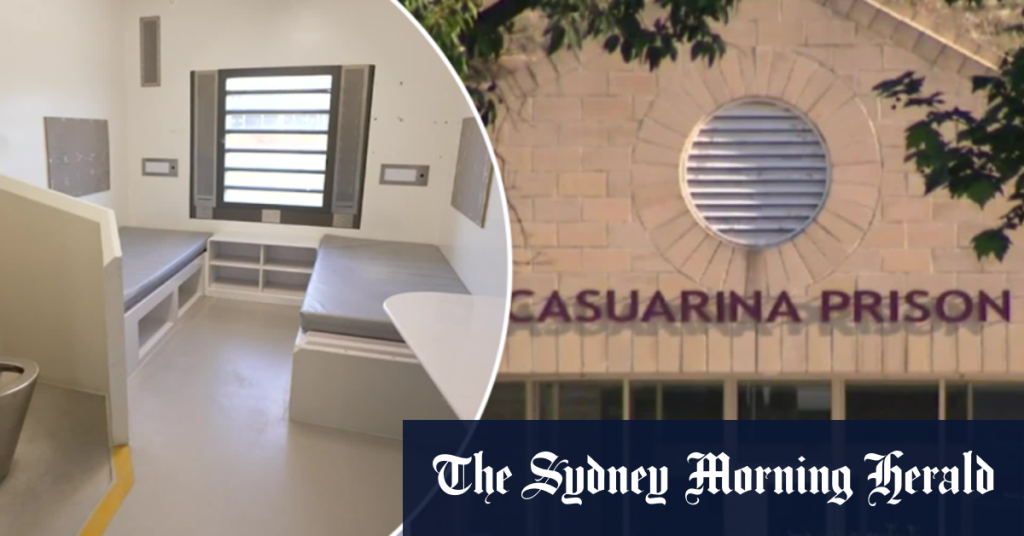Three youth detention officers who were on duty the night Cleveland Dodd died have been cleared of serious misconduct following an investigation. Dodd, a 17-year-old Indigenous boy, was found unresponsive in his cell on the morning of March 4, 2024. The officers performed CPR and called for medical assistance, but Dodd was pronounced dead at the scene. The investigation found that the officers had followed correct protocols and procedures that night, and were not found to have contributed to Dodd’s death.
The incident has sparked outrage and calls for justice from Dodd’s family and Indigenous community members, who believe that systemic racism and neglect played a role in his death. Dodd was known to have had a history of mental health issues and had attempted self-harm in the past. His family has alleged that he was not provided with adequate mental health support while in custody, and that his death could have been prevented with better care and supervision. They are demanding accountability and transparency from the authorities involved.
The findings of the investigation have brought some closure to the officers involved, who have faced intense scrutiny and pressure in the aftermath of Dodd’s death. The officers have expressed relief that they have been cleared of serious misconduct and maintain that they did everything in their power to help Dodd that night. However, they acknowledge the tragedy of his death and express sympathy for his family. The officers are committed to continuing to do their jobs to the best of their abilities, while also recognizing the need for improvements in the youth detention system.
The case of Cleveland Dodd highlights the challenges and complexities of working in youth detention facilities, where officers are tasked with overseeing vulnerable and at-risk individuals. The incident has prompted a reexamination of the mental health support and resources available to young people in custody, as well as the need for cultural sensitivity and trauma-informed care. The Indigenous community is advocating for systemic changes to prevent similar tragedies in the future and to ensure that all youth receive the care and support they need to thrive.
The investigation into Cleveland Dodd’s death has raised questions about accountability and transparency in the youth justice system, as well as broader issues of racial justice and the treatment of Indigenous individuals in custody. The case has reignited calls for reform and greater oversight of youth detention facilities, including increased training for officers and better monitoring of mental health concerns. It has also underscored the importance of listening to and centering the voices of Indigenous communities in discussions about justice and care for marginalized youth.
As the community continues to mourn the loss of Cleveland Dodd, there is a renewed sense of urgency to address the systemic issues that contributed to his death and to prevent similar tragedies from occurring in the future. The officers who were on duty the night Dodd died have been cleared of serious misconduct, but the circumstances surrounding his death have raised important questions about the responsibilities and obligations of those working in youth detention. Moving forward, there is a pressing need for accountability, transparency, and collaboration between authorities, community members, and advocates to ensure the safety and well-being of all young people in custody.


